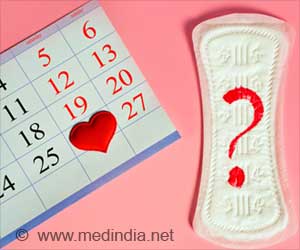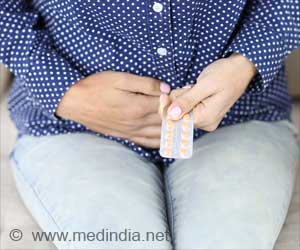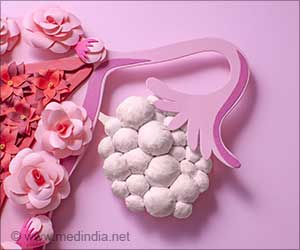From embracing eco-friendly alternatives to advocating for culture shifts, it is time that we discuss every aspect of periods and break the taboo.
- Suparnaa Chadda is a dedicated founder advocating for menstrual hygiene awareness and sustainability through media initiatives
- Traditional disposable menstrual products, laden with plastics and chemicals are a huge environmental challenge
- Her work aims to shift cultural norms by openly discussing menstruation, challenging taboos, and integrating the topic into cultural celebrations
Redefining Menstrual Hygiene: A Personal Awakening
It all began with the discovery of sustainable menstrual products, revealing the lack of awareness about these alternatives in certain areas. This realization ignited a mission to educate, inform, and transform. Even experienced journalists unaware of these options surprised many, motivating an effort to remove the stigma around menstruation and advocate for sustainable practices.Promoting Environmental Awareness and Waste Management
A central focus of Suparnaa Chadda's work is the pressing environmental issue linked to traditional menstrual products. Disposable pads and diapers, filled with plastic and harmful chemicals, harm the environment significantly. This problem is particularly heightened in marginalized communities, where waste management struggles are more severe. Through focused initiatives, attention is directed toward improper waste disposal and the impact it has on the ecosystem.
Empowerment Through Knowledge
Suparnaa Chadda believes strongly in the power of accurate information for empowerment. Her advocacy extends to endorsing alternatives like cloth pads made from old sarees. These not only alleviate environmental stress but also empower women economically. She raises concerns about marketing strategies that prioritize disposable pads, sidelining sustainable cloth-based options.
Changing Norms: Fostering a Cultural Shift
A significant challenge Suparnaa Chadda addresses is the deep-rooted stigma surrounding menstruation. Shame and taboos have permeated cultures worldwide, hindering progress in menstrual hygiene. Through advocacy and initiatives like Women Endangered, she champions self-help groups that challenge these taboos and encourages the use of cloth pads openly. By weaving menstruation into cultural narratives, she triggers a shift in perception, presenting it as a natural and respected phenomenon.
Environmental Impact and the Rise of Sustainable Choices
The commitment to addressing environmental issues related to disposable products is a cornerstone of advocating for sustainable menstrual alternatives. These alternatives are redefining menstrual hygiene, and offering reusable options that significantly reduce waste production. The aim is to promote a transition towards mindful consumption and responsible waste management.
Cultural Celebrations and Positive Change
Integrating menstruation into cultural celebrations becomes a tool to eliminate stigma. Festivals that embrace the natural cycle of menstruation are highlighted, dismantling myths and encouraging comprehensive understanding. Open discussions and educational initiatives serve as platforms for sharing experiences, dispelling misconceptions, and celebrating womanhood.
Despite the years passing, the conversation around menstrual health remains subdued, obstructing progress. Curiously, a safe and eco-friendly solution continues to elude us. Traditional options come with their drawbacks – cloth pads risk fungal infections, sanitary napkins brimming with cancer-causing toxins, and tampons and menstrual panties harm the environment. Amidst this, menstrual cups have emerged as a promising choice. Intriguingly, menstrual discs have demonstrated superior absorbency, but comprehensive information remains scarce. This raises the question – why does this crucial gap persist?.
Source-Medindia











